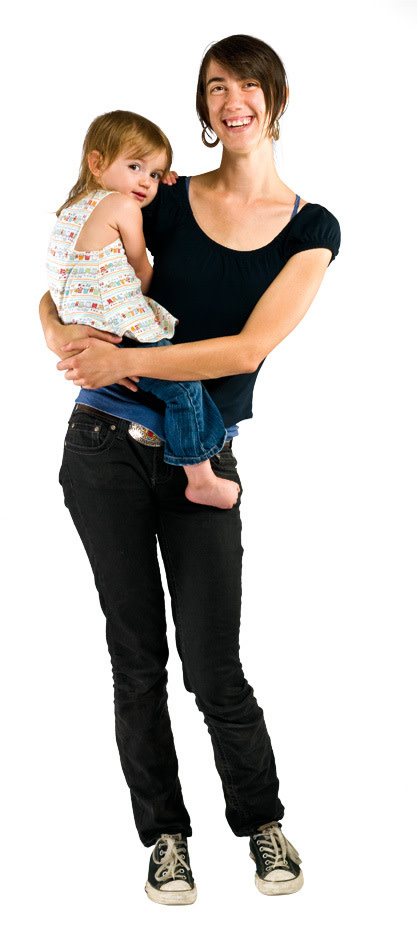Mother’s Helper

So, um, what is a doula, anyway? We help a woman and her partner through the duration of labor, childbirth, and postpartum. That can mean creating a birth plan and providing support and comfort. We’re kind of like coaches, I guess.
Your organization, Birth Attendants, though, specializes in doula work for women in jail, a pretty neglected demographic. There are a small number of people who provide doula services for women who are incarcerated, but as far as anybody seems to know, we’re the only ones that do follow-up care for inmates who’ve given birth. In five years, we’ve served over 500 women.
How does being a prison doula differ from your normal childbirth work? The most important thing that doulas do—especially in a postpartum setting—is listen and help the mother process the birth experience. For a lot of these women, you’re the only one there to see the whole thing happen [at a nearby hospital], then she returns to prison and she’s a regular un-pregnant inmate. But she’s forever changed by that experience, even if she never sees that child again. So I think a big part of it is bearing witness and being able to tell them how strong and amazing they are.
Do most of these moms see their kids again? It’s super up in the air. Often these women are convinced they’re going to be reunited with their child once they get out of prison, but I don’t have a lot of confidence that actually happens.
Since you do birthing work outside prisons as well, what do you think makes a good doula? I’d say it’s ensuring that a couple has true, informed consent about what’s going on. For example, some people love the idea of a painless birth, but as soon as you get an epidural, you’re inviting a bunch of other interventions, too. I’m by no means exclusively an advocate of natural birth, but I think that whatever somebody chooses, they need to have a deep understanding of how it will impact their experience.
You’re also a counselor for Backline, a nationwide talk line based here in Portland that helps callers work through issues surrounding things like adoption and abortion. Has that made you a better doula? It’s helped me learn how to talk to people who are having really intense, hard times. Before that, I didn’t know how to have the hard conversations. I’ve taken some of the craziest calls in the world, so now it’s like, your feelings and experiences can’t frighten me.
Of the many aspects of a pregnancy, is a woman’s postpartum experience the most neglected? Totally. Having a baby is one of the most isolating things that can happen to you. Everybody else goes back to normal and you can’t even get out of the house. I know for me, having a baby was great, but my social skills became horrible. That’s a selfish reason I bought the store.
Right, LilyToad in St. Johns. It’s an extension of my own postpartum experience. We have children’s and maternity clothes, but a lot of women come in just to feel connected. Pregnancy is a weird world, and many times there’s no place where women can gather and learn and pass on wisdom.
So it’s a store, but it’s also like a meeting place for new moms? It’s a watercooler, sure. In fact, if I ever change the name, it’s going to be called the Breeding Ground. I mean, how Pacific Northwest is that?
